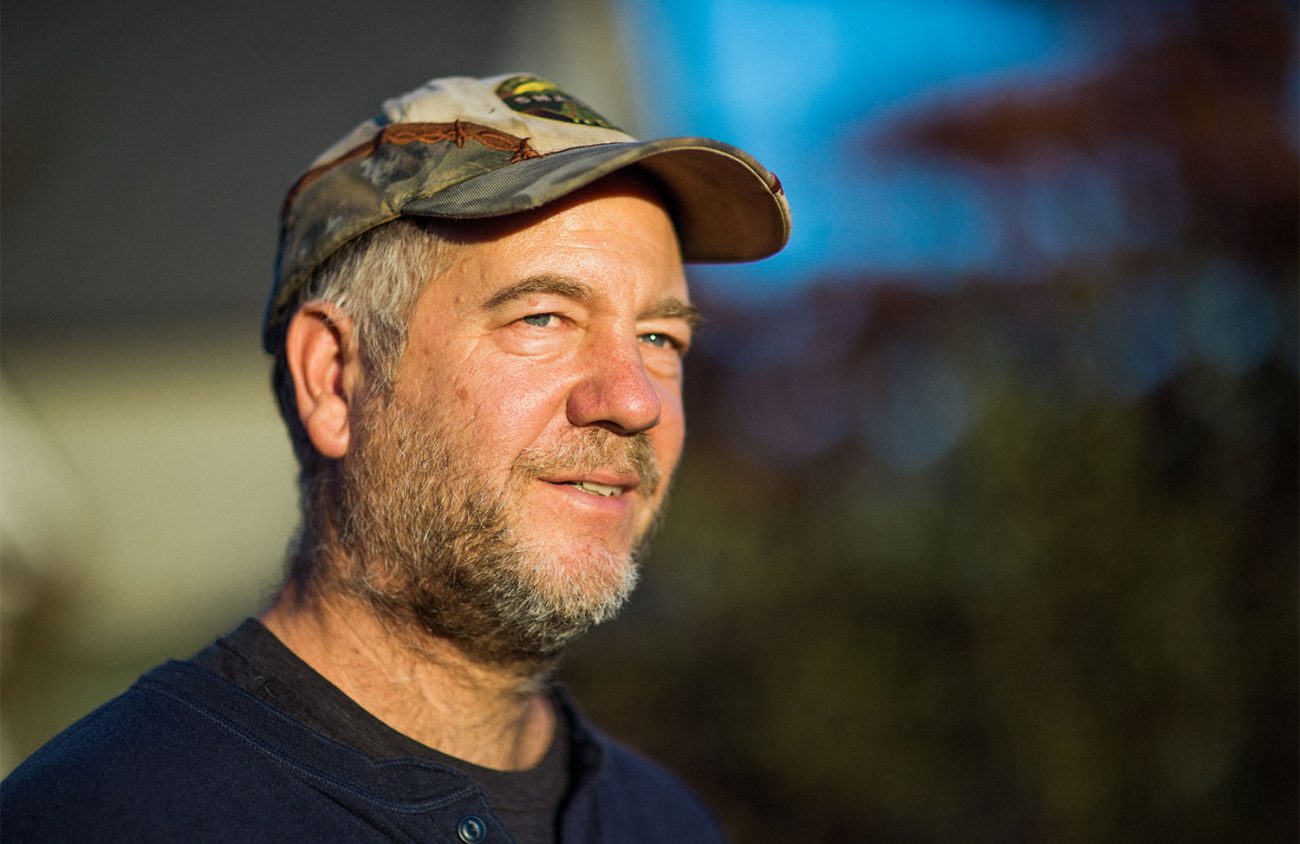After two years of fighting over its water supply, the small northern California town of Weed is celebrating a small victory as Roseburg Forest Products has dropped its lawsuit against nine citizens and agreed to pay their legal fees.
These individuals, who make up the group Water for Citizens of Weed, California (WCWC), were sued after speaking out against the Springfield-based timber company’s efforts to control their local water source.
Although the free speech of Weed citizens is preserved, the war isn’t over yet.
The fight began in 2017, when Roseburg tried to take ownership of Beaughan Spring — which originates out of nearby Mount Shasta — claiming they have a right to sell the spring water to Crystal Geyser for bottling and shipping to Japan. The spring has provided water to Weed for 110 years.
When Weed residents spoke out against this, Roseburg fought back with a lawsuit against the nine residents, a group that includes three former mayors of the city and one standing city council member. One member of the WCWC is 93 years old, and several others are in their 80s. Roseburg also sued the city of Weed, which racked up legal costs upwards of $600,000.
Initially, Roseburg’s lawsuit against WCWC in December 2017 was thrown out under California’s anti-SLAPP law (Strategic Lawsuits Against Public Participation), a free-speech law that protects citizens from being sued to censor or intimidate. Roseburg decided to appeal.
Bruce Shoemaker, one of the nine citizens in the lawsuit, says there was no legitimate reason to sue people for speaking out. He says all the individuals named signed affidavits before the hearing in December 2017 affirming they had no personal interest in the water and were only fighting for the city’s control of it.
He says Roseburg could have accepted the affidavits and dropped it then, but the company decided it wanted to go through with the appeal.
“Our attorneys consider it to be malicious prosecution or harassment,” Shoemaker says. “It is unethical and it very well may be illegal.”
Roseburg officials were unavailable for comment.
Almost two years later, Roseburg dropped the appeal against the lawsuit. In conceding, Roseburg is paying all of the legal fees owed by WCWC.
The other lawsuit, against the city of Weed, was settled in August, Shoemaker says, when Weed gave up its claim on the right to the water. He explains the city is small and economically challenged with a population of around 2,700 people. If the city had won, he says, Roseburg most likely would have appealed the verdict.
“The city didn’t have the resources to do that,” Shoemaker says. “When you have a big company that’s well resourced, its difficult to fight against it.”
Shoemaker describes the WCWC victory as bittersweet, because the issue of the water supply still isn’t resolved. The city has turned around and filed for eminent domain — a law that gives a government the right to take private property and convert it for public use. The Fifth Amendment provides that governments may only enact this power if they provide fair compensation to land owners.
“I think for our community, I’m hopeful the domain proceedings will be fairly straight forward,” Shoemaker says. He hopes Roseburg will not ask an excessive price for water. The city, he says, has invested millions of dollars in the water system, so he hopes there will be a fair price.
The group also has the option of pursuing legal action against Roseburg, citing malicious prosecution. Shoemaker says they haven’t decided if they are pursuing legal actions, but are keeping their options open.
As Weed continues to find compromises and solutions to having access to their main water supply, Shoemaker says it isn’t the only city facing the privatization of water sources.
And it certainly won’t be the last.
